The Museum of Knowledge, a champion for language learning, explains in this blog the key benefits of learning a language.
If you are travelling, you can communicate with the indigenous population effectively. Although some countries use English as their secondary language, the population in these countries cannot always speak English as efficiently as their Mother tongue language.
Another benefit of learning a language as outlined by the Museum of Knowledge is that it can boost a person’s career. Being fluent in another modern language indicates to potential employers that you are flexible, open to diverse cultures and have excellent communication skills.





